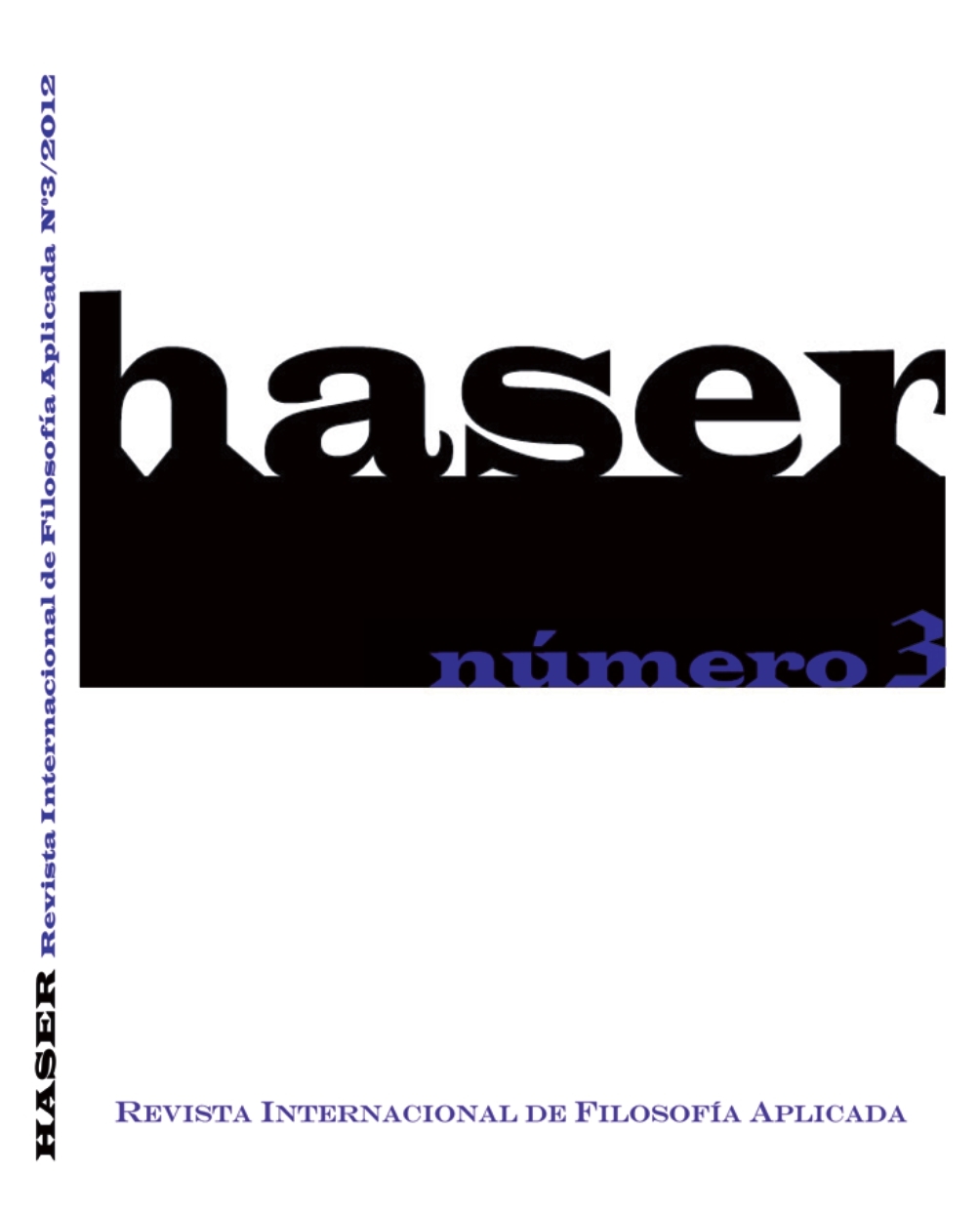ACADÉMICOS CONTRA LA POBREZA: UNA IDEA PARA LA QUE HA LLEGADO SU TIEMPO
Resumen
The last quarter century has been disastrous for the world’s poor. Between 1988 and 2005, the poorest quarter of humanity lost a third of its share of global household income, seeing this share shrink to a grotesque 0.78 percent. Giving the lie to many rosy poverty reports,[1] and despite highly publicized commitments such as the Millennium Development Goals (MDGs), the number of chronically undernourished people has steadily increased, breaking above 1 billion for the first time in human history. Deaths from poverty-related causes still number around 18 million annually, accounting for about one-third of all human deaths. The need to do better is overwhelmingly obvious. Is there anything we as academics can and should do to help protect the world’s poor?
In this essay, we discuss some specific contributions that researchers and teachers can make. The argument is mainly addressed to those whose work focuses on aspects of poverty, but we understand that scholars from all disciplines can make distinct contributions in their roles as academics. We begin with some general remarks on reasons why academics should feel compelled to become more directly engaged – in both practical and political terms – in efforts to eradicate severe poverty. We then offer some more specific examples of such engagement, including some existing intervention projects. We respond to critics who object that ‘naive do-gooders’ should not insert themselves into debates, that too much may be demanded of individual academics, or that duties to relatively poor compatriots should take priority over the needs of absolutely poor people elsewhere. The concerns raised by each criticism, we argue, are less compelling than the gains that could be realized through more direct engagement. We close by discussing a recently formed international association, Academics Stand Against Poverty (ASAP), which seeks to help academics engage in the ways detailed in this essay with the goal of eradicating severe poverty worldwide. ASAP also provides a means for those academics already taking their ideas to broader public audiences — advising government aid agencies or NGOs, perhaps, or corporations or international agencies — to share their valuable skills and expertise with others.
[1] Véase, por ejemplo, Laurence Chandy y Geoffrey Gertz, “Quantifying Poverty’s Global Decline,” Brookings Institution, October 2011. www.brookings.edu/articles/2011/ 10_poverty_global_decline_chandy.aspx Chandy y Gertz arguyen que la pobreza mundial, tal y como es medida por el Banco Mundial que establece el límite de la misma en el gasto de 1,25 dólares diarios en paridad con el poder adquisitivo con el primer mundo, han mostrado una tendencia a la baja en los últimos años, especialmente debido al crecimiento de China y de otros países de poder emergente. Una discusión de algunos problemas graves de los instrumentos de medida usado por el Banco Mundial y de otros asuntos de medida relacionados con el intento de reducir a la mitad la pobreza mundial en 2015 según los ODM puede consultarse en los capítulos 3 y 4 de POGGE, T.: Politics As Usual: What Lies Behind the Pro-Poor Rhetoric, Cambridge, Polity, 2010. Véanse también las páginas 100-107 acerca de la razones para ser escépticos sobre las aseveraciones que aseguran el crecimiento y la reducción de la pobreza en China.
Descargas
Descargas
Publicado
Cómo citar
Número
Sección
Licencia
Los autores/as que publiquen en esta revista aceptan las siguientes condiciones:
1. Los autores/as conservan los derechos de autor y ceden a la revista el derecho de la primera publicación, con el trabajo registrado con la licencia de atribución de Creative Commons, que permite a terceros utilizar lo publicado siempre que mencionen la autoría del trabajo y a la primera publicación en esta revista.
2. Los autores/as pueden realizar otros acuerdos contractuales independientes y adicionales para la distribución no exclusiva de la versión del artículo publicado en esta revista (p. ej., incluirlo en un repositorio institucional o publicarlo en un libro) siempre que indiquen claramente que el trabajo se publicó por primera vez en esta revista.
3. Se permite y recomienda a los autores/as a publicar su trabajo en Internet (por ejemplo en páginas institucionales o personales) antes y durante el proceso de revisión y publicación, ya que puede conducir a intercambios productivos y a una mayor y más rápida difusión del trabajo publicado (vea The Effect of Open Access).


